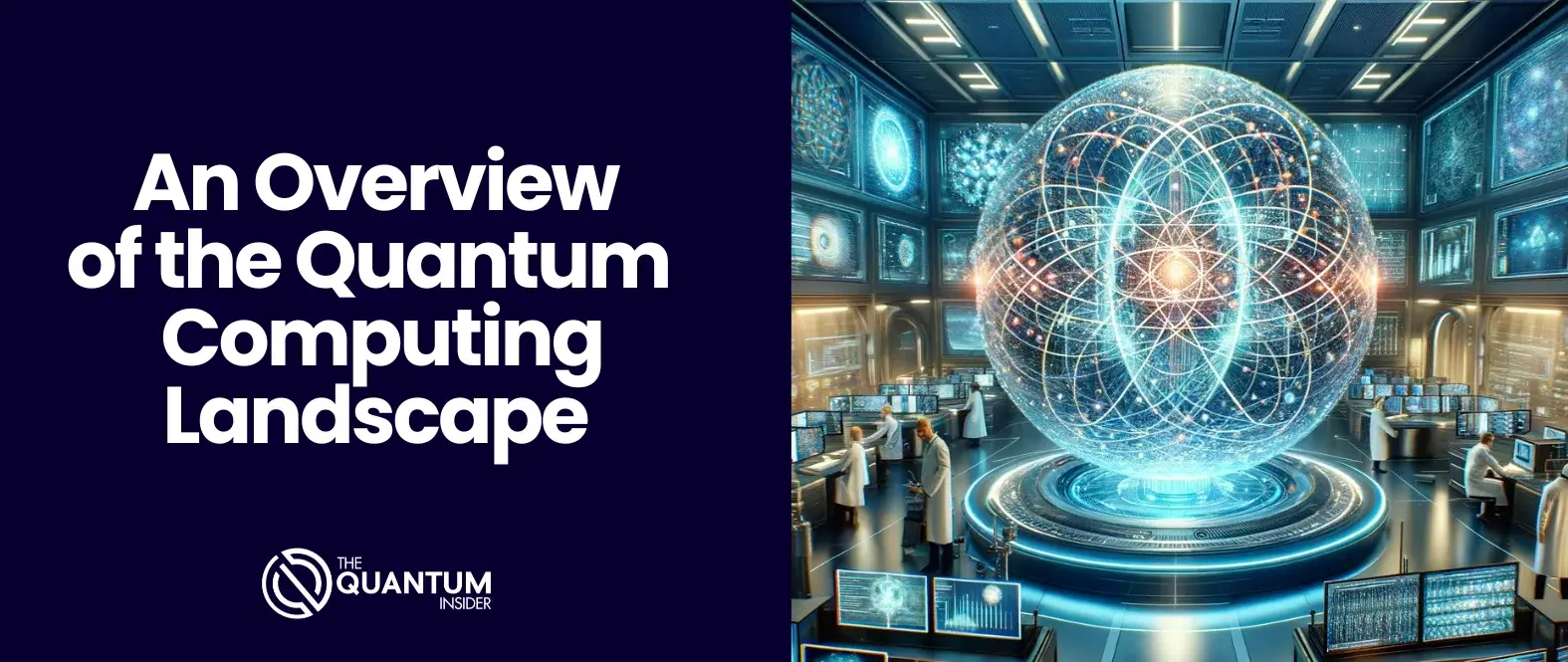In the ever-evolving landscape of technology, the quantum leap computing stands out as a groundbreaking frontier. As we delve into 2024, this article aims to provide a comprehensive understanding of quantum computing, exploring its principles, current state of development, and the potential impact it holds for various industries.
The Fundamentals of The Quantum Leap Computing
Quantum Bits (Qubits) and Superposition
At the heart of the quantum leap computing are qubits, the quantum leap counterparts to classical bits. Unlike classical bits that can exist in a state of 0 or 1, qubits can exist in a superposition of both states simultaneously. This unique property exponentially increases the computational power of the quantum leap computers.
Entanglement and Quantum Gates
Entanglement is another key quantum principle where qubits become interconnected, and the state of one qubit instantaneously influences the state of its entangled partner, regardless of the distance between them. Quantum gates manipulate qubits through operations, allowing for complex calculations to be performed.
The Quantum Leap Computing Technologies in 2024

The Quantum Leap Processors and Quantum Supremacy
The Quantum Leap processors are the heart of quantum computers. In 2024, we witness advancements in the development of superconducting qubit-based processors and ion trap-based processors. Achieving quantum supremacy, where a quantum computer outperforms the most powerful classical supercomputers, is a significant milestone that showcases the potential of quantum computing.
Quantum Error Correction
One of the challenges in quantum computing is susceptibility to errors due to environmental factors. Quantum error correction techniques, such as the use of logical qubits and error-detecting codes, are being explored to make quantum computations more reliable and robust.
Practical Applications of Quantum Computing
Cryptography and the Quantum Leap Security
The advent of the quantum leap computing has implications for cryptography. Traditional cryptographic methods, such as RSA and ECC, rely on the difficulty of certain mathematical problems. Quantum computers, with their ability to perform certain calculations exponentially faster, pose a threat to these encryption methods. Post-quantum cryptography, based on quantum-resistant algorithms, is emerging as a solution.
Optimization and Simulation
Quantum computers excel in optimization and simulation tasks. Industries such as finance, logistics, and materials science can benefit from the ability of quantum computers to explore multiple possibilities simultaneously. This includes optimizing supply chain routes, simulating financial models, and discovering new materials with desired properties.
Industries Embracing Quantum Computing
Finance and Portfolio Optimization
In the finance sector, quantum computing holds the potential to revolutionize portfolio optimization and risk management. Quantum algorithms can efficiently process large datasets, enabling more accurate predictions and faster decision-making in dynamic financial markets.
Drug Discovery and Healthcare
Quantum computing accelerates drug discovery and healthcare simulations. By simulating molecular interactions and optimizing drug compounds, quantum computers offer a quantum leap in the efficiency of drug development. This has profound implications for personalized medicine and the treatment of complex diseases.
Challenges and Considerations
Quantum Decoherence and Error Rates
Quantum decoherence, the loss of quantum information due to interactions with the environment, remains a significant challenge. Researchers are actively working on mitigating decoherence through techniques such as error correction, but achieving stable and long-lasting quantum states is a complex task.
Quantum Hardware and Scalability
Building reliable and scalable quantum hardware is a persistent challenge. As quantum computers grow in size, maintaining the delicate quantum states becomes more challenging. Researchers are exploring novel approaches, including topological qubits and quantum error correction, to address scalability issues.
Future Prospects and Quantum Computing in Everyday Life
Quantum Cloud Computing
The integration of quantum computing into cloud platforms is becoming a reality. Cloud-based quantum computing services allow researchers, businesses, and developers to access quantum processing power without the need to build and maintain their own quantum computers.
Hybrid Quantum-Classical Systems
Hybrid quantum-classical systems, where quantum processors work in conjunction with classical computers, are expected to play a crucial role in the near future. This approach leverages the strengths of both classical and quantum computing, offering practical solutions for real-world problems.
Ethical and Societal Considerations
Quantum Computing’s Social Impact

As quantum computing progresses, it raises ethical considerations regarding its potential societal impact. Issues such as job displacement due to automation, security concerns related to quantum cryptography, and equitable access to quantum technologies need careful consideration.
The Quantum Leap Computing Literacy
Promoting the quantum leap computing literacy is essential for ensuring a diverse and informed workforce in the quantum era. Educational initiatives, training programs, and public awareness campaigns play a crucial role in preparing society for the quantum leap.
Conclusion:
As we navigate the quantum leap landscape in 2024, the potential of quantum computing to reshape industries and solve complex problems is undeniable. The fundamental principles of superposition and entanglement, coupled with advances in quantum hardware, bring us closer to realizing the transformative power of quantum computers. While challenges persist, the ongoing research, development, and practical applications showcase a future where quantum computing becomes an integral part of our technological fabric, opening doors to new possibilities and discoveries. The quantum leap is not just a technological evolution; it is a paradigm shift that invites us to rethink the boundaries of what is computationally possible in the years to come.

Crafting Narratives on Times Fork: Meet Timothy Forsberg, a prolific blogger on Times Fork, weaving captivating narratives across lifestyle, news, business, and various other niches. With an innate ability to distill complex subjects into engaging reads, Timothy’s blogs provide a unique blend of insights and perspectives. Join him on a journey through the diverse realms of modern living, where every post on Times Fork is a testament to Timothy’s passion for exploring the intricate tapestry of life. Contact via mail: [email protected]
